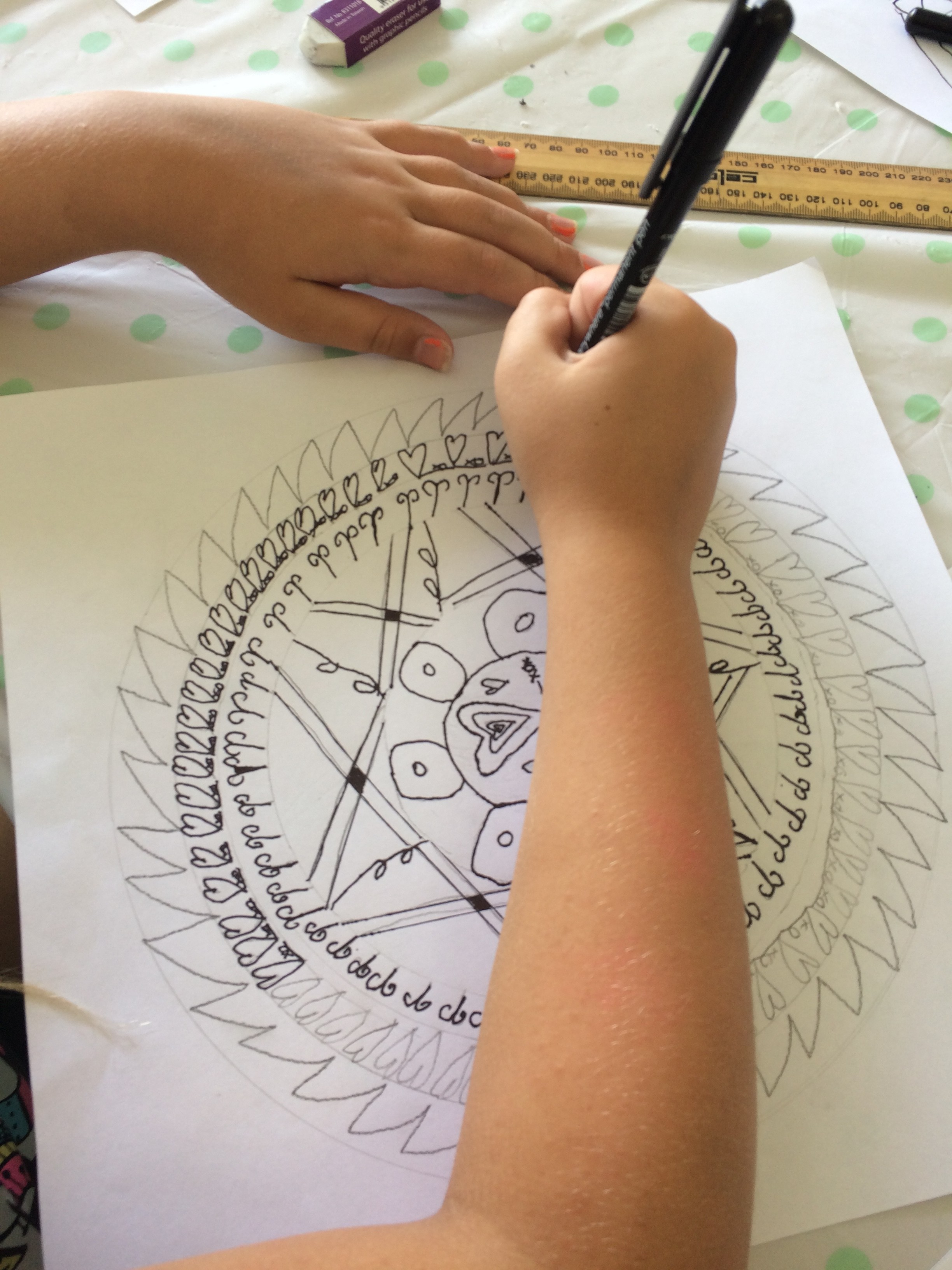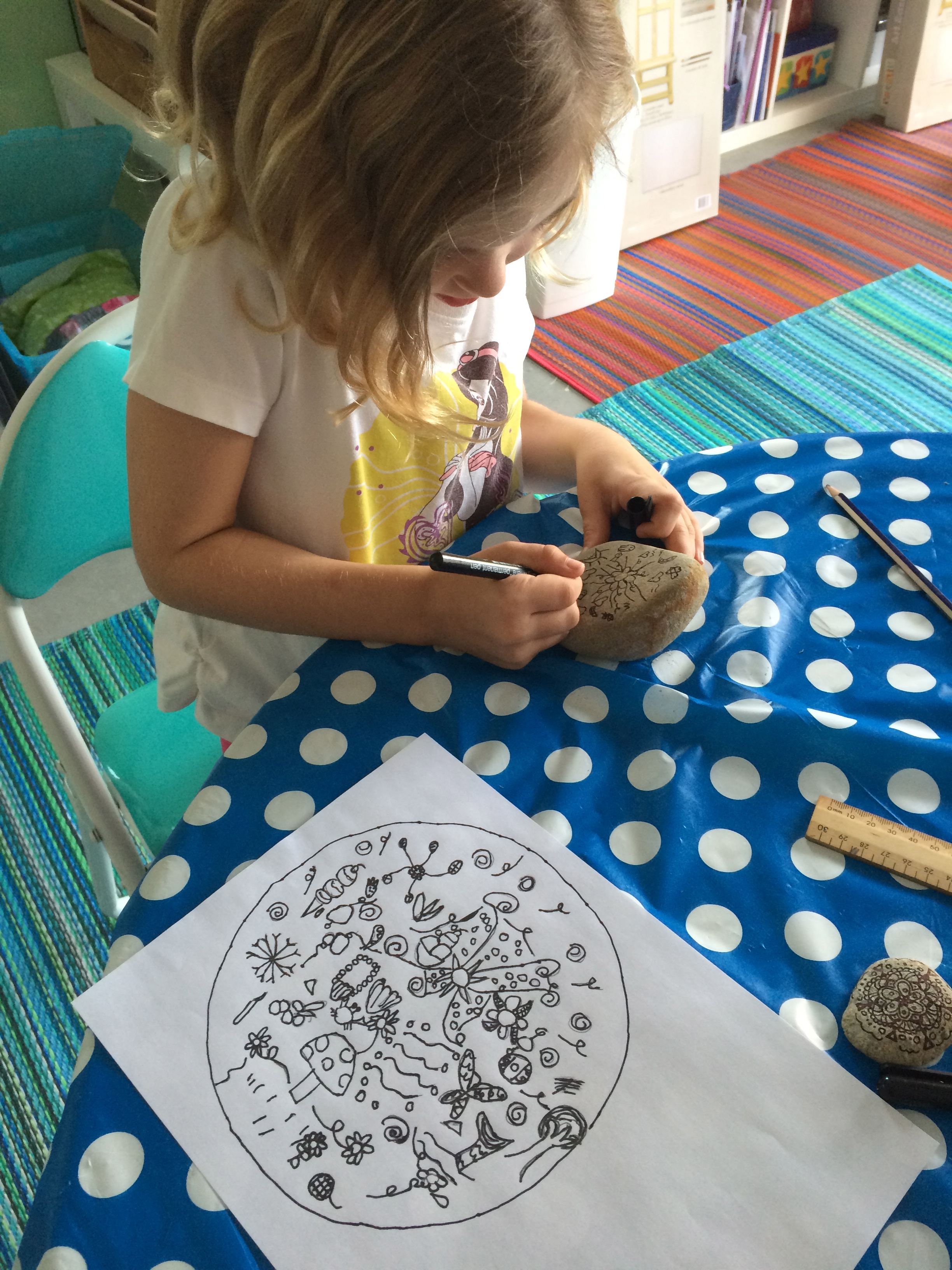It’s a couple of weeks into the new school year. The kids are back at school. They have settled into their new classes, met their new teachers and reconnected with their friends. Things look like they are going well.
Then, out of the blue (or so it seems) the tears start, the tummy pains and headaches start, the “I have no friends”/ “my teacher doesn’t like me”/ “I hate school,” starts. Every morning is a battle to get your child out of bed, into their uniform and through the school gate. By the time you hand your tearful child over to the teacher, you feel like the worst parent in the world and wonder what has happened to make your child suddenly so upset about going to school. Do not fear, you are not alone!
Having been a teacher for 20 years and being the one to collect the distraught children from their equally distraught parents each morning, I can tell you that this is a common start of the year occurrence. Once the initial excitement of the new school year has worn off, the reality that this is the norm for the rest of the year sets in and kids can feel very overwhelmed.
If you put yourself in their shoes, it is easy to understand how they are feeling. Imagine you have been on the most amazing extended holiday of your life and suddenly the holiday is over and you are back to reality and work. After you have caught up with your work colleagues and shared your travel stories and photos, you have to knuckle down and get stuck into “real life.” You may have the holiday blues, you may wish that you were back on holidays, you might be hating your job etc. etc. Our kids go through exactly the same thing when they return to school.
Some kids cope with this better than others. They adapt to the school routine again with barely a flicker of anxiety. Others collapse in a heap and try every tactic in the book to avoid school.
What can you do about it?
Firstly, listen to the concerns of your child. Let them tell you about their reasons why they don’t want to go to school and how it makes them feel. Hold space for them to get it all off their chest and know that you are paying attention and listening to them. Sometimes our little people just need to know that someone cares enough to listen and that every thing is okay.
Once they have shared with you, take the time to tell them of your own experiences going back to school/work and how you feel after a long break away. It is always reassuring to know that we are not alone in our experiences. If your children know that you struggle too, they are more likely to feel better about the situation.
Take some time each morning to do some mindful breathing exercises with your child before they go to school. You might do this at home or even while sitting in the carpark at school. Whatever works best for you both. By taking time to slow down and focus on our breathing we reduce the fight and flight response our body has to fearful situations. This can be beneficial not only to your child, but also to you! The calmer you are in response to your child’s meltdown, the easier it will be to calm them down. Our kids are impacted by our emotional responses to situations, so if you are getting worked up about them going to school, they are feeding on that anxiety too.
 Keep some drawing tools nearby in the mornings so that they can creatively represent what is going on in their world. Sometimes children don’t have the words to express how they are feeling, but they are able to draw pictures that show this. The old saying, “A picture paints a thousand words” is very apt when dealing with children’s emotions. Having a selection of colouring- in pictures on hand is also a great way to help calm an anxious child before school. Get them to draw/colour something that they can then give to a friend or teacher. Not only will they benefit from the activity, the other person will also get an encouraging boost.
Keep some drawing tools nearby in the mornings so that they can creatively represent what is going on in their world. Sometimes children don’t have the words to express how they are feeling, but they are able to draw pictures that show this. The old saying, “A picture paints a thousand words” is very apt when dealing with children’s emotions. Having a selection of colouring- in pictures on hand is also a great way to help calm an anxious child before school. Get them to draw/colour something that they can then give to a friend or teacher. Not only will they benefit from the activity, the other person will also get an encouraging boost.
When delivering your child to the teacher, don’t linger over good byes. From my own experiences, this tends to exacerbate the anxiety of the child. In some cases, they feel that if they don’t get upset, then “Mum will be sad because she will think that I don’t love her anymore.” Often within 5-10 minutes of the parent leaving their child, they settle down and get on with enjoying their day, while the poor parent worries all day that they have done the wrong thing.
Having trust in your child’s teacher is important. Most teachers have helped anxious students at some point in their careers. If your child doesn’t settle down and their anxiety is having an impact on their ability to learn, most teachers will quickly let you know. If you haven’t heard from the teacher and are still worried about how your child is going, make an appointment to speak to them. The teacher may be able to set your mind at ease very quickly.
If you are concerned about your child because they are struggling with anxiety and every school day is a battle, reach out for help. You don’t have to go through this alone. Teachers, school counsellors, psychologists, art therapists and doctors are available to help and support both you and your child.

The Cr3ative Space specialises in working with children battling anxiety. We work on recognising physiological signs of anxiety, isolating triggers, developing a toolbox of art therapy and mindfulness techniques and the on-going practice of these strategies. Anxiety can be managed when we have the right tools.


Comments: no replies